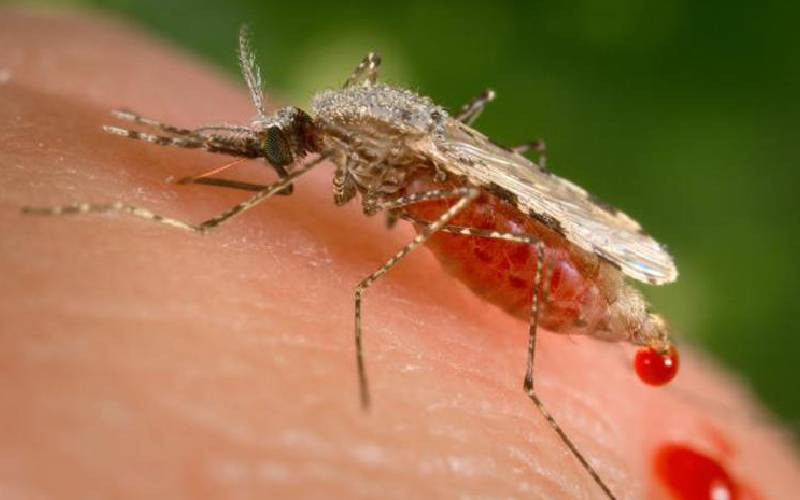×
The Standard e-Paper
Home To Bold Columnists

County governments have been urged to revive malaria control programmes that stalled following the outbreak of Covid-19 pandemic.
Malaria No More UK, a global organisation seeking to end malaria through partnerships with stakeholders, noted that some programmes that had been put in place to contain malaria had stalled, leading to an increases in cases.